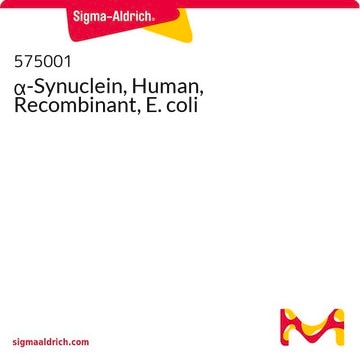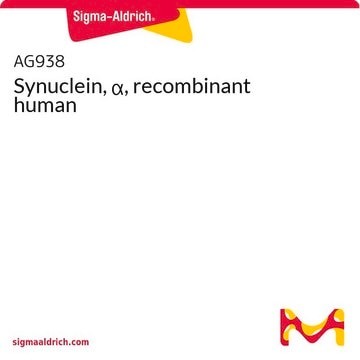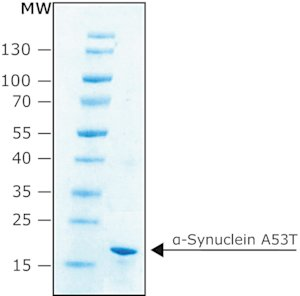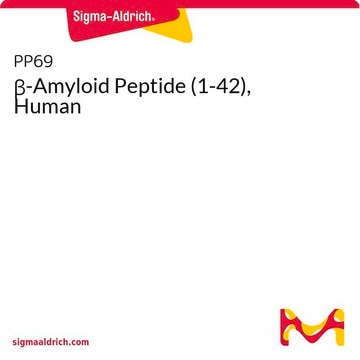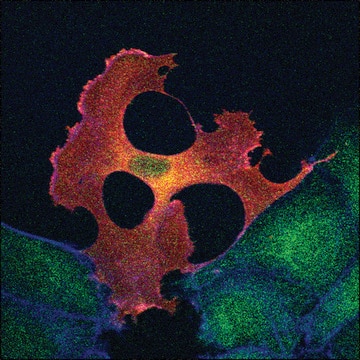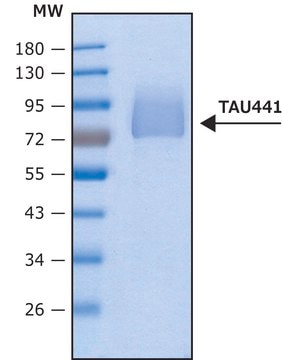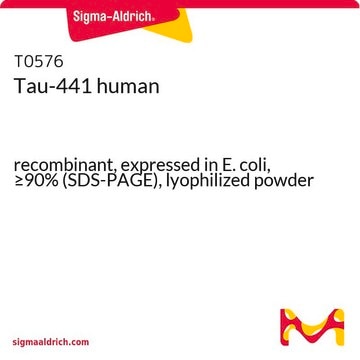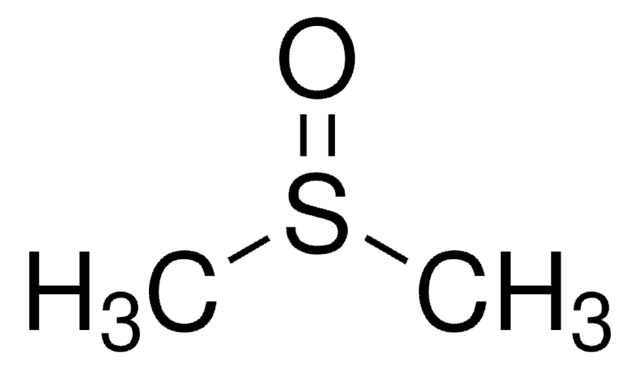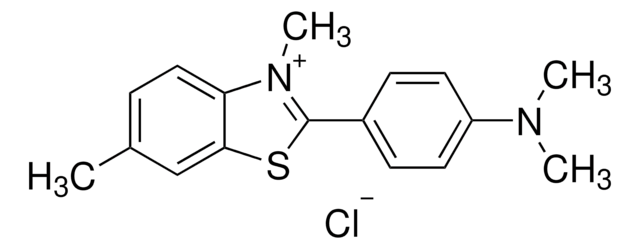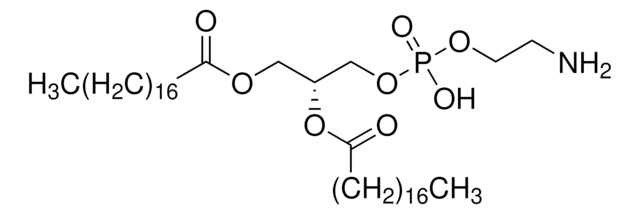S7820
α-Synuclein human
recombinant, expressed in E. coli, N-terminal histidine tagged, ≥90% (SDS-PAGE), lyophilized powder
Synonym(s):
α-Synuclein protein, Synuclein protein
Sign Into View Organizational & Contract Pricing
All Photos(1)
About This Item
Recommended Products
recombinant
expressed in E. coli
Quality Level
assay
≥90% (SDS-PAGE)
form
lyophilized powder
UniProt accession no.
shipped in
dry ice
storage temp.
−20°C
Gene Information
human ... SNCA(6622)
General description
α-Synuclein is an intrinsically disordered protein predominantly expressed in the dopaminergic neurons. It is localized to the presynaptic nerve terminals and is highly conserved in vertebrates.
Application
α-Synuclein human has been used to study the α-syn monomers and its aggregates on paraformaldehyde (PFA)-fixed membrane. It has also been used to study its effect on neurotransmitter levels (monoamines and amino acid concentration) tyrosine hydroxylase (TH) and transglutaminase-2 (TG2) mRNA expression in the mouse striata (ST).
Human α-synuclein has been used to study the immunodetection of α-syn monomers and its aggregates. It has also been used in microscale thermophoresis to study protein-protein interactions.
Biochem/physiol Actions
140-amino acid protein (apparent molecular weight 19-20 kDa) encoded by a simple gene consisting of six exons on human chromosome 4. Induces polymerization of tubulin into microtubules and functions in the modulation of dopamine transporter function, regulating the synaptic tone of dopamine. Disruption of this function can ultimately lead to neurodegeneration of nerve terminals. Highly abundant in presynaptic terminals, a major component of Lewy bodies, the neuronal cytoplasmic inclusions that are a hallmark of diverse neurodegenerative disorders such as Parkinson′s disease (PD), dementia with Lewy bodies (filamentous inclusions), Lewy body variant of Alzheimer′s disease, and multiple system atrophy. Pathogenic point mutations in the α-synuclein gene are linked to familial Parkinson′s disease.
Storage Class
11 - Combustible Solids
wgk_germany
WGK 3
flash_point_f
Not applicable
flash_point_c
Not applicable
ppe
Eyeshields, Gloves, type N95 (US)
Certificates of Analysis (COA)
Search for Certificates of Analysis (COA) by entering the products Lot/Batch Number. Lot and Batch Numbers can be found on a product’s label following the words ‘Lot’ or ‘Batch’.
Already Own This Product?
Find documentation for the products that you have recently purchased in the Document Library.
Customers Also Viewed
Prolyl Oligopeptidase Enhances a-Synuclein Dimerization via Direct Protein-Protein Interaction*
Mari H. Savolainen
The Journal of Biological Chemistry (2015)
Residual structure, backbone dynamics, and interactions within the synuclein family
Sung YH and Eliezer D
Journal of Molecular Biology, 372(3), 689-689 (2007)
Juan A Gerez et al.
Science translational medicine, 11(495) (2019-06-07)
Parkinson's disease (PD) is a neurological disorder characterized by the progressive accumulation of neuronal α-synuclein (αSyn) inclusions called Lewy bodies. It is believed that Lewy bodies spread throughout the nervous system due to the cell-to-cell propagation of αSyn via cycles
Effects of alpha-Synuclein Monomers Administration in the Gigantocellular Reticular Nucleus on Neurotransmission in Mouse Model
Joniec MI, et al.
Neurochemical Research, 44(4), 968-977 (2019)
Improved Immunodetection of Endogenous a-Synuclein
Byung Rho Lee
PLoS ONE (2011)
Our team of scientists has experience in all areas of research including Life Science, Material Science, Chemical Synthesis, Chromatography, Analytical and many others.
Contact Technical Service